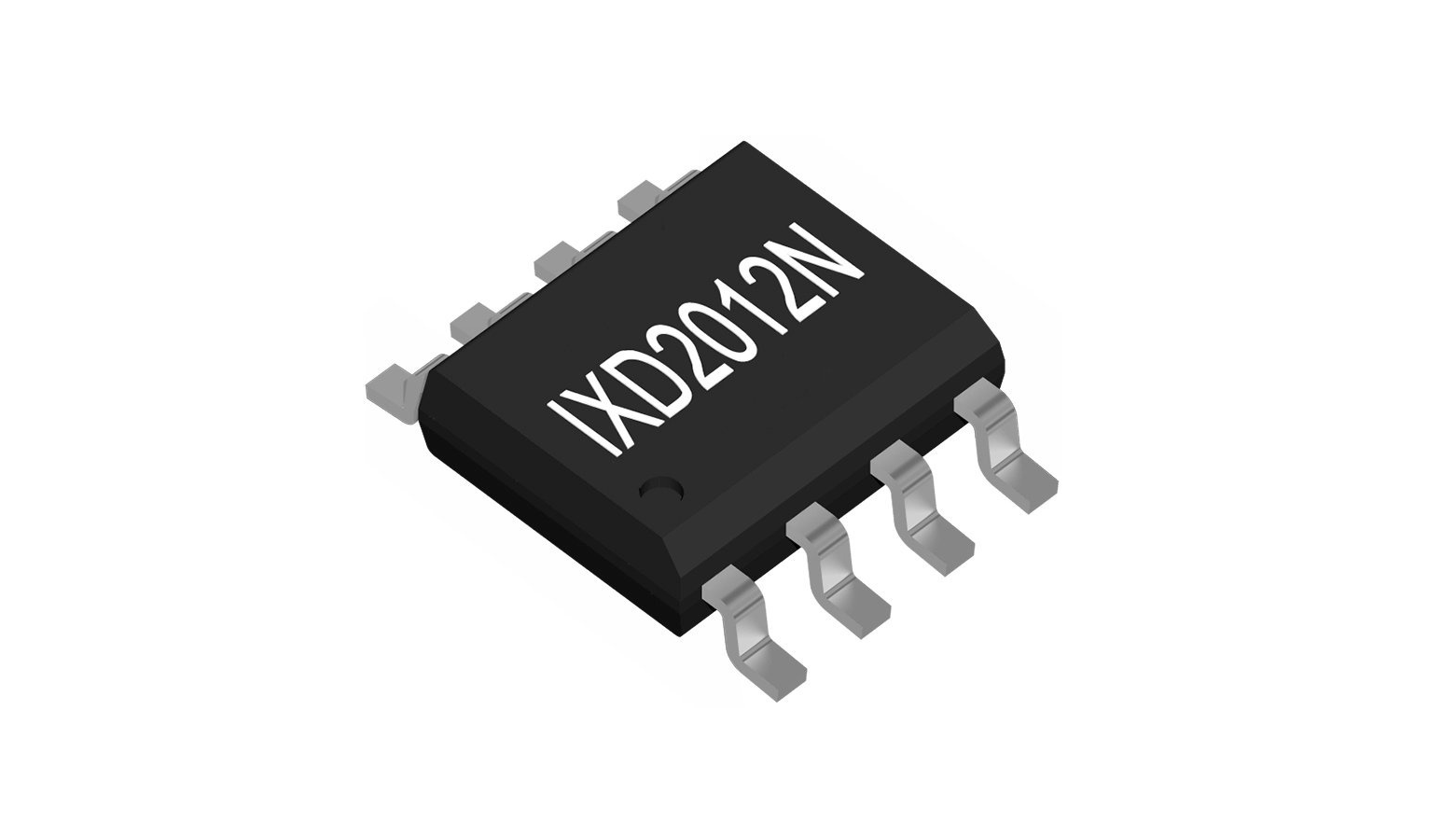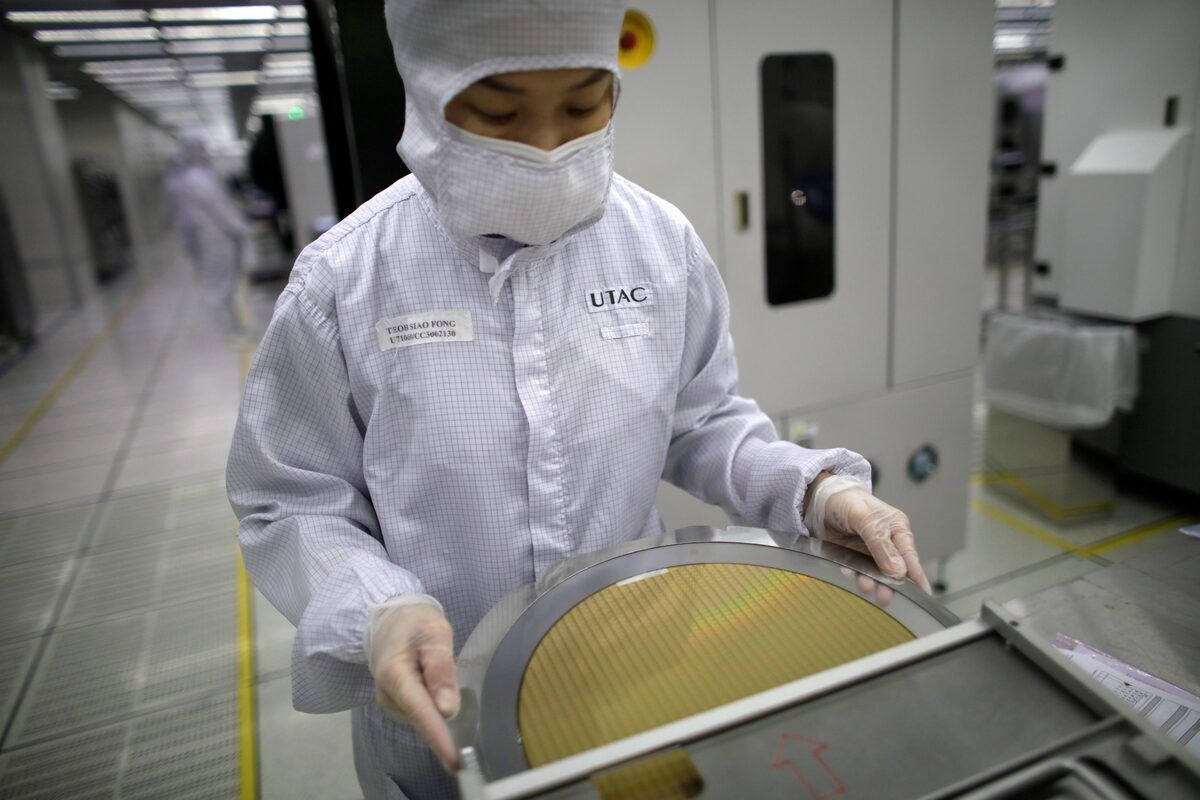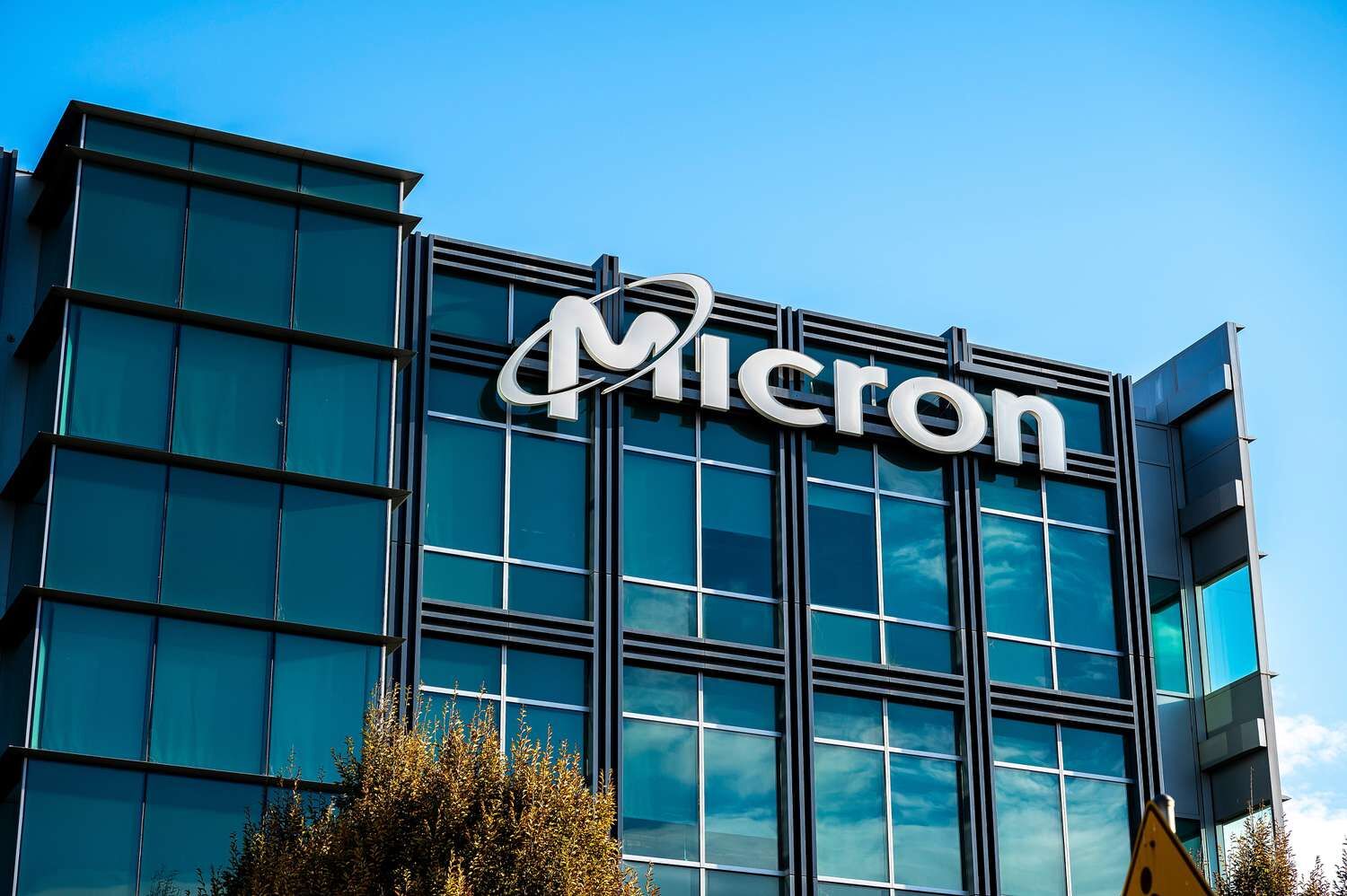April 24, 2025 /SemiMedia/ — IBM CEO Arvind Krishna has warned that global chip supply chains are increasingly vulnerable due to overreliance on a few major players, citing geopolitical tensions. He highlighted Japanese foundry startup Rapidus as a strategic emerging force in addressing these risks.
“Relying on one country or supplier is no longer viable,” Krishna said, pointing to the current dominance of TSMC, Samsung, and Intel. He urged public policy support for newer entrants like Rapidus.
Rapidus launched its pilot fab in Chitose, Japan, on April 1, 2025, and is now installing equipment and testing systems. Japan’s government has committed an additional ¥802.5 billion ($5.71 billion) in subsidies, raising total support to ¥1.7225 trillion for production lines and advanced packaging R&D.
IBM has partnered with Rapidus since 2023 to co-develop 2nm technology, aiming for full-scale manufacturing by 2027. The collaboration also includes workforce development to support next-generation chip production.
Mukesh Khare, VP of IBM’s semiconductor unit, noted that even with TSMC leading in 2nm mass production, process variations will create opportunities for differentiated platforms. Rapidus is expected to contribute to Japan’s domestic AI chip demand and global competitiveness.
Krishna added that IBM’s AI initiatives have generated over $3 billion in productivity gains, and the company is expanding hiring in R&D and sales to support growth.
He concluded that a resilient chip ecosystem depends on technology transfer, skilled talent, and diversified supply—areas where Rapidus is set to play a pivotal role.












All Comments (0)